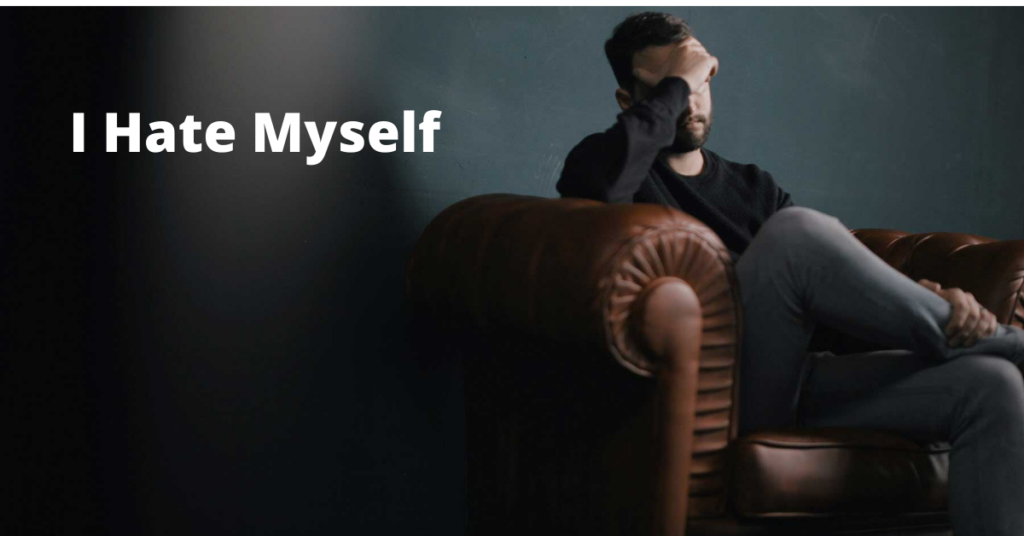I hate myself. I am a failure.
I’m not good enough at anything, and I never will be.
I’m fat, stupid, lazy, ugly – the list goes on and on. And that’s just who I am on the inside; it doesn’t even matter what my outside looks like!
The worst part is that all of these things are true for everyone in some way or another. But you know what? That’s okay – because they’re also true for everyone else too! You can’t blame someone for being self-loathing if they have every reason to be so. The thing is: you need to stop hating yourself before you can start loving each other again. The only way to do that is to first love yourselves.
Contents
What Is Self-Loathing?
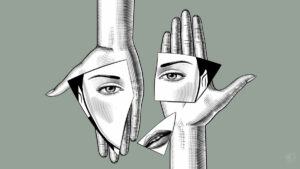
Self-loathing is a response to feeling like you’re not living up to your own standards. Self-loathing can manifest as feelings of deep insecurity, low self-esteem, or inadequacy. Some people feel small or distorted in their bodies, which can lead to eating disorders. It’s also common for self-loathers to experience moodiness, irritability, depression, and even suicidal thoughts. It is possible for people who are self-loathing to feel ashamed or embarrassed of their own existence. These feelings can become cyclical, making it hard for the person who is experiencing them. They are unable to trust their own judgment about anything. Often times they will impulsively make choices that they think will make them “better”. Usually these only result in more pain and alienation from everyone around them.
Symptoms of Self-Loathing Nature
These are some symptoms of self-loathing nature:
Not Good Enough
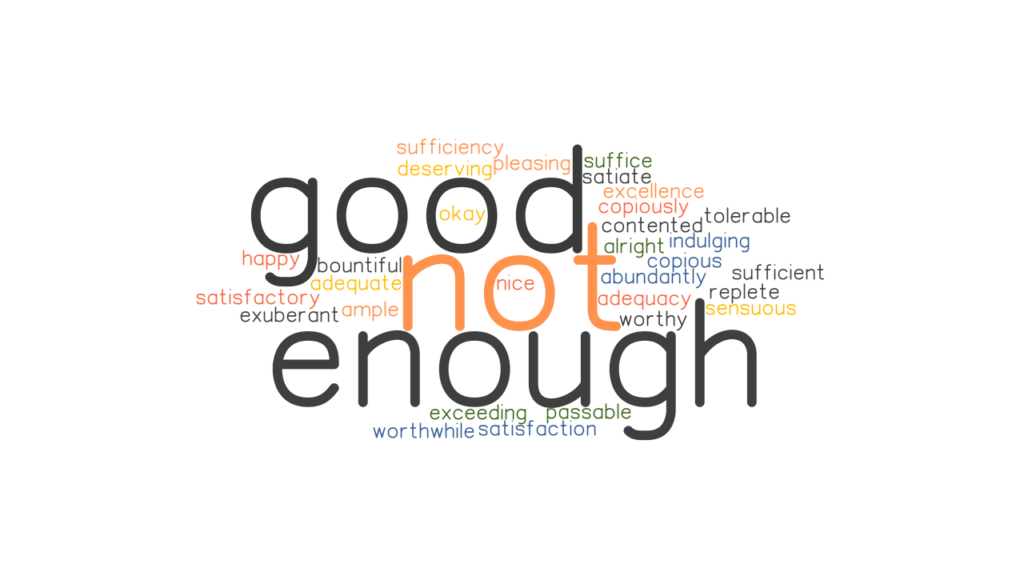
You’re down on yourself and feel like you’ll never be good enough: In this state, you feel like you’re broken somehow and there’s nothing you can do about it. You’ll frequently tell yourself that you are not good enough or “This shouldn’t have happened.”
Not Able To Meet Own Standards
People who generally hate themselves always fail to meet their own standards. On the outside, people may say that they know how to be successful, but inside they’re constantly berating themselves for being a failure – all while telling others that they should have met their goals by now. People who are self-loathing rarely set their own success as the standard because deep down, they don’t believe in themselves.
Mood Swings
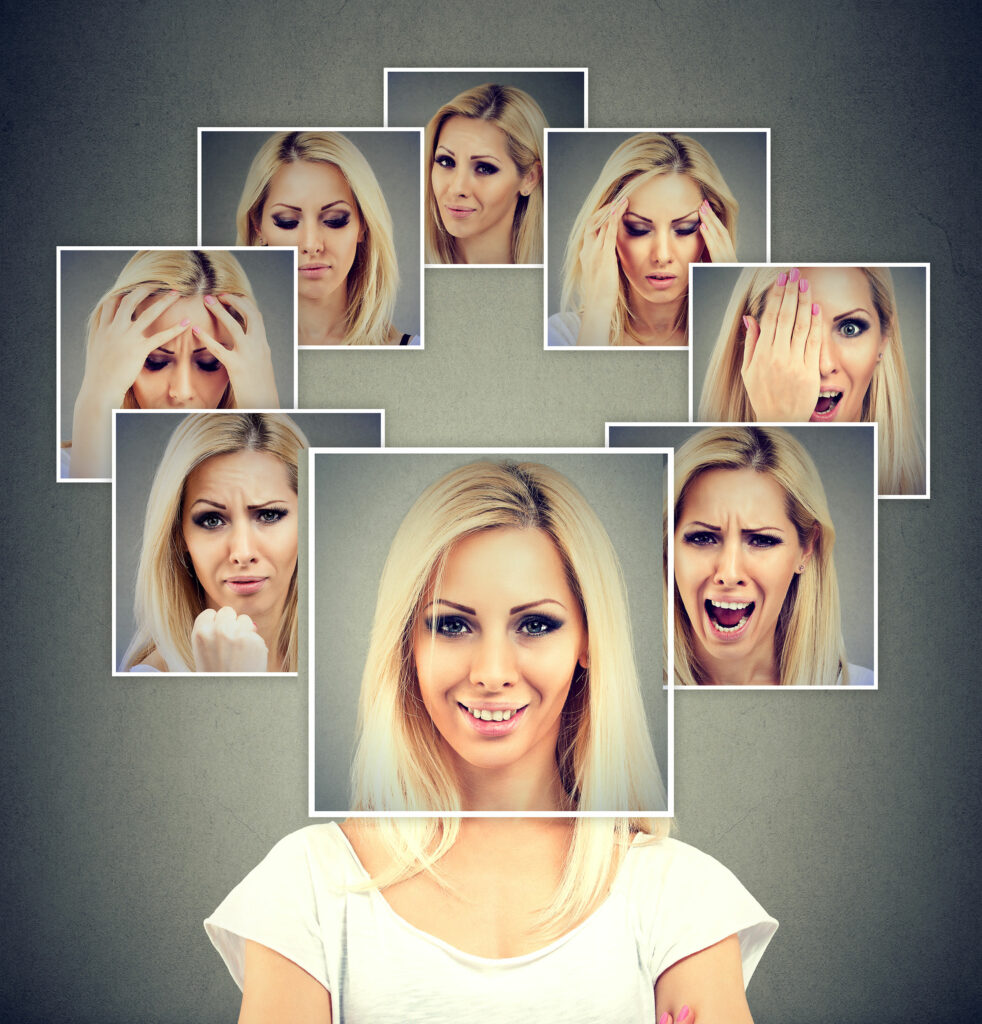
People who generally hate themselves, their mood depends on how well things are going in their life. When things are good, you are still unhappy with yourself – so when things get bad, you get really depressed this condition is basically called mood swing. Instead of trying to make things better, you’ll try to make yourself feel worse because that seems easier than taking responsibility for the situation.
Validation From People

People who generally hate themselves constantly seek validation from other people: You ask questions like “Do you think I’m a good person?” or “What do you think of me?” in order to measure how much others value you. This is different from asking for helpful feedback because when they answer, it’s not about their opinion of your value but more so the fact that they don’t approve of what they see in front of them. Your self-esteem is connected to how nice or mean someone else is to you.
Need For External Changes
People who generally hate themselves believe that everything would be better if only something external changed. Maybe you want a new job, new friends, a new girlfriend/boyfriend. These are the things that can change on the outside without having to actually do anything. This is a way to avoid the pain that you’re feeling on the inside.
The belief that “if only something could change, then I would finally be happy”: When your thoughts center around what will make you happy rather than how to deal with those feelings, it’s a sad state of affairs. You’ll keep doing things to make yourself feel better but eventually realize that nothing has changed – except for more disappointment and self-loathing.
Reasons of Self-Loathing
People generally hate themselves because they want to love and acceptance from everyone around them. People who generally hate themselves have been wounded somehow in their lives – usually repeatedly. Oftentimes people who grew up in difficult or abusive environments experienced different forms of abuse from parents, teachers, spouses, etc. In order to escape these experiences, they blame themselves by thinking “There must be something wrong with me,” and thus begin to think, behave and believe in patterns that support that story.
These are the reasons for self-hate :
Unloved by Parents/Siblings/Family Members
This is one of the significant factors in creating self-loathing. When parents are not accepting, generous, and encouraging towards their children, it can create a harmful experience for the child that they carry into adulthood. This will lead to low self-esteem, lack of confidence, and fear about trying new things or being different from others because they could be rejected again for doing something “wrong”.
Peer Pressure & Social Media
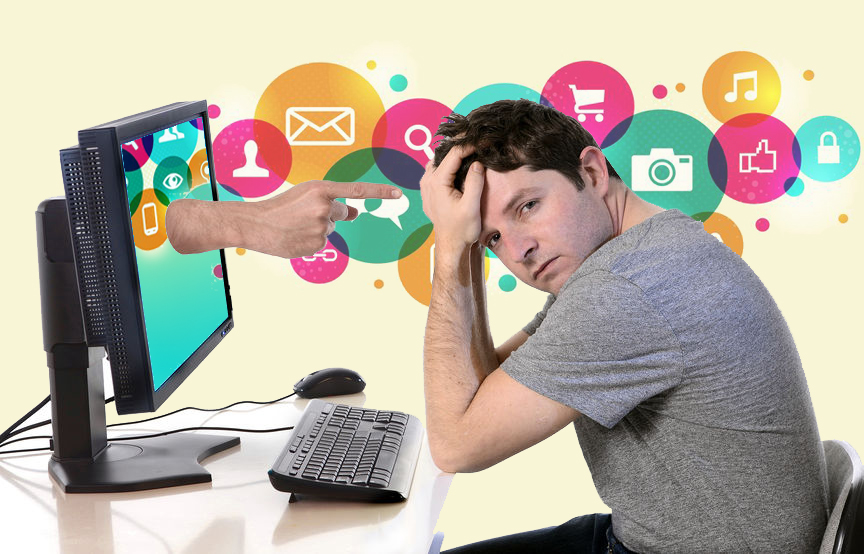
Everyone wants to be accepted by others. With the rise of social media, it’s easier than ever before to make friends online – but also to compare everything about your life with other people’s perfect lives. It’s easy to become unhappy with yourself when you see other people on social media lives seemingly perfect lives.
Harsh Comments from Others
This reason for self-hate is somewhat related to peer pressure. This is more specifically – receiving harsh comments from others can make a person feel ashamed and bad about themselves. It’s easier to take someone else’s opinion of us personally, especially when you’re young or lack experience in life. This leaves a lasting effect that can become harder to get rid of as time goes by.
Unwanted Assistance from Others
When this happens repeatedly, it leaves someone feeling emotionally exhausted and drained because they have no control over their own lives. This is the complete opposite of what they desire for themselves. If parents don’t let children grow through failures, they may not learn how to be independent or deal with certain hardships of life.
Inability to Accept Failure or Learn from Mistakes
It’s okay to make mistakes, and it’s okay to fail. No one reaches a level of mastery in anything on their first try which means that there is no shame in learning from your mistakes. Learning through mistakes makes the experience more worthwhile because you get a stronger understanding of yourself and how you can work better with others.
Goals That Seem Impossible to Achieve
Honestly, goals are overrated. It doesn’t matter if you’re not able to achieve them because that’s not what life is about. Life isn’t a competition – it’s about enjoying the little things in life and making memories that will last forever. People get so caught up in having goals, reaching goals, surpassing goals, etc… but they forget to live during the process. If someone else has done something before you have – who cares? Who says you can’t do it too? You might get there first or even better than them.
Self-Destructive Habits
I’ve seen people drink excessively just so they don’t take out their anger onto others which were really sad for me to see because alcohol isn’t the answer to anyone’s problems – it’s just a temporary fix. Also, harmful behaviors such as using drugs or smoking cigarettes may seem like a good idea to hide your emotions until you realize that this will ruin your health and possibly kill you in the long run.
Inability to Express Yourself
Sometimes self-loathing occurs because people have issues with being able to express themselves. In other words, they don’t feel comfortable sharing their thoughts and feelings with others. This is because they believe that there is something wrong with them that causes them to shut down. Other times, people simply shut out everything from the outside world so nobody can hurt them at all – not even through words… but this isn’t handling anything either since it’s only temporary, and allowing yourself to feel any sort of negative emotion is better than pushing them away.
How To Stop Being Self-Loathing?
Everyone has days where they feel horrible about themselves, but that’s perfectly normal.
The best way to get over a bad day is to sleep it off and wake up the next morning with a fresh mind ready for tackling everything from the day before. Sleep has been proven to help people think more positively. It can find solutions to problems, make better decisions, etc. You can take advantage of this self-healing process if you can.
As for feeling down in general or when you can’t sleep – here are some tips:
Find Activity That You Enjoy Doing

It can be anything whether it’s playing video games, cooking dinner for your family, practicing yoga in the comfort of your own home, going for a walk in the park, finishing that book you started reading last week, etc… (the possibilities are endless).
Take Care of Yourself Physically
If you feel physically sick, it can be very difficult to get out of your hate thoughts. In other words, you need to practice self-care. This is especially when times get rough because this is how you cope with certain situations. If someone lost a loved one or got fired from their job, they may drink excessively which isn’t good for the body at all and will make them feel worse in the long run. But if someone finds a hobby they love and continues practicing it every day while taking care of their own physical well-being by eating healthy food and going to bed on time every day – it will be easier to get through that tough time.
Pay Attention To Triggers
If you have certain people, places, or activities that cause negative emotions, then try to avoid them. This doesn’t mean that you will never come in contact with them again. Instead, it just means that you need some time apart so you can heal and revisit the situation when the time is right.
For example, Someone who’s been bullied their whole life may see somebody being rude on the street and trigger feelings of anger which may also cause them to lash out for no apparent reason. After calming down, they realize what happened and choose not to go back to an environment like that if possible because it only makes things worse and may even harm someone else (including themselves).
Conclusion
People are not alone in their quest to find happiness. There is help available for those who need it, and there are many ways you can start loving yourself more today. Please keep an open mind when trying new things – you never know what might work! Self-love starts with the individual; if you want to love yourself wholly, then you must take responsibility for your own well-being by making small changes that will lead us towards a brighter future.
If you are looking for affordable Online Counseling MantraCare can help: Book a trial therapy session
